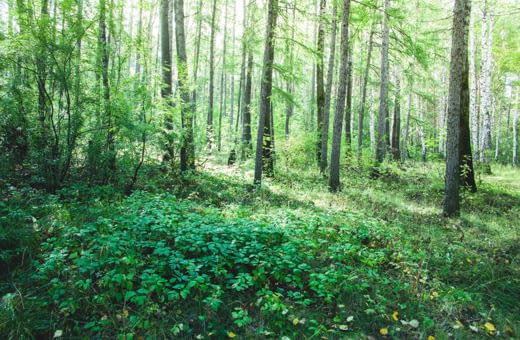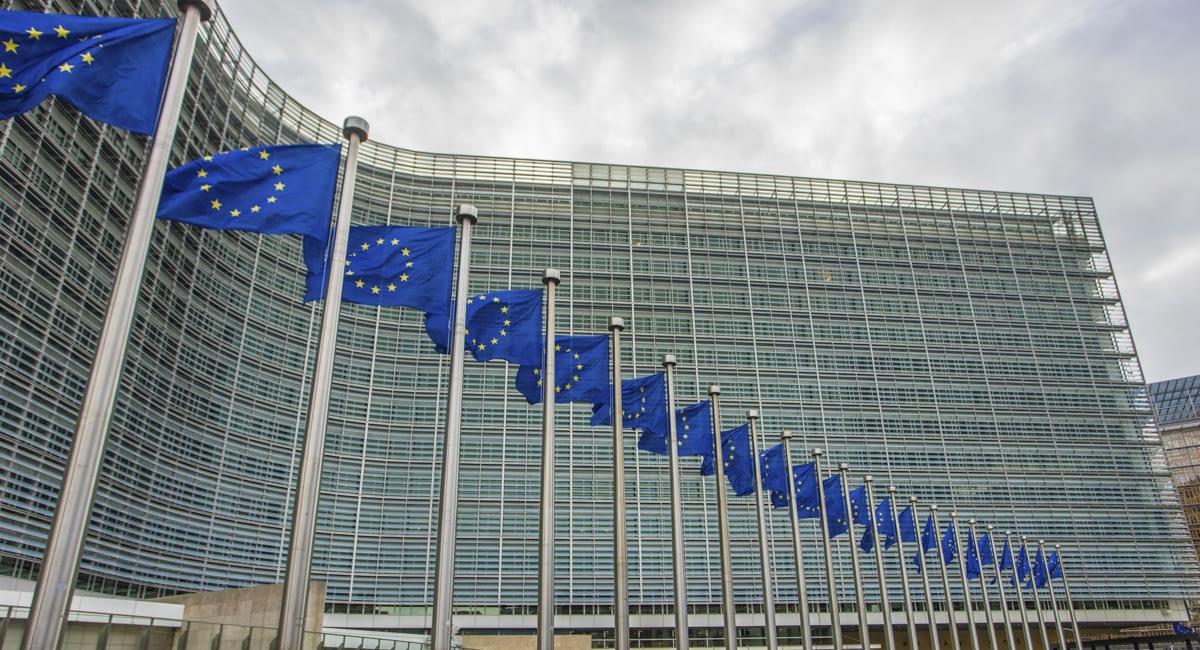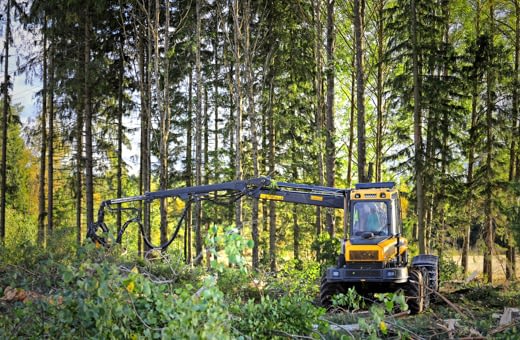The EU’s deforestation regulation, which aims to reduce global deforestation, will come into application at the end the year. The regulation aims to reduce climate emissions from deforestation and protect biodiversity.
The deforestation regulation covers seven commodities: soya, oil palm, coffee, cocoa, rubber, cattle and wood, and products containing or made from them. Recycled materials are not subject to the requirements of the Deforestation Regulation.
The implementation of the well-intentioned regulation has generated heated debate in Finland, at EU level, and globally. Problematic issues include the reporting and data collection obligations for companies and the extraordinarily short timeframe for implementation.
Finnish forest industry companies have been well informed about the requirements of the regulation and have prepared themselves to meet the requirements within the deadline. The Finnish government has also been preparing the Deforestation Law, which governs the Regulation at national level, with the intention of having it finalised before the implementation date. However, implementation is not yet complete.
The obligations of the regulation apply to all operators manufacturing, exporting, and importing products on the EU market. This means that even in Finland, where deforestation is virtually non-existent and product traceability is good, the obligations of the regulation must be respected.
The deforestation regulation sets high expectations for open information sharing. Operators are obliged to share confirmation of the origin of raw materials throughout the supply chain. This will help to identify all operators in the chain who may have used raw materials covered by the regulation in their products. Due to the extensive reporting and data collection obligations, companies within scope of the regulation have a serious need for information on the interpretation of the regulation and the functioning of the reporting system.
However, the European Commission has not yet provided answers to the companies’ questions. This has led to a chain reaction in the supply chain, where each operator requests the information required by the regulation from its product supplier and suppliers respond to the best of their knowledge. The challenge is compounded by the fact that the regulation has not yet started to apply, even though it is in force.
In this situation, the Commission should better understand the functioning of the market and respond immediately to companies’ questions. In addition, the Commission should finalise the reporting information system t as soon as possible so that companies can finalise their own systems.
Fortunately, in Finland we have comprehensive monitoring of forestry management. Planned harvesting must be reported to the Forestry Centre, which monitors the legality of forest use, by means of a forest use notification. Finnish companies also have a highly developed an origin tracking system, so forest industry companies that manufacture forest industry products are aware of the origin of the wood. In addition, almost all wood is certified with either PEFC, FSC, or both.
Finnish companies are in an advantageous good position. It is therefore hoped that the long-term sustainability efforts of our manufacturers will not only combat deforestation and bring global climate and sustainability benefits, but also give them a competitive advantage in international markets.





